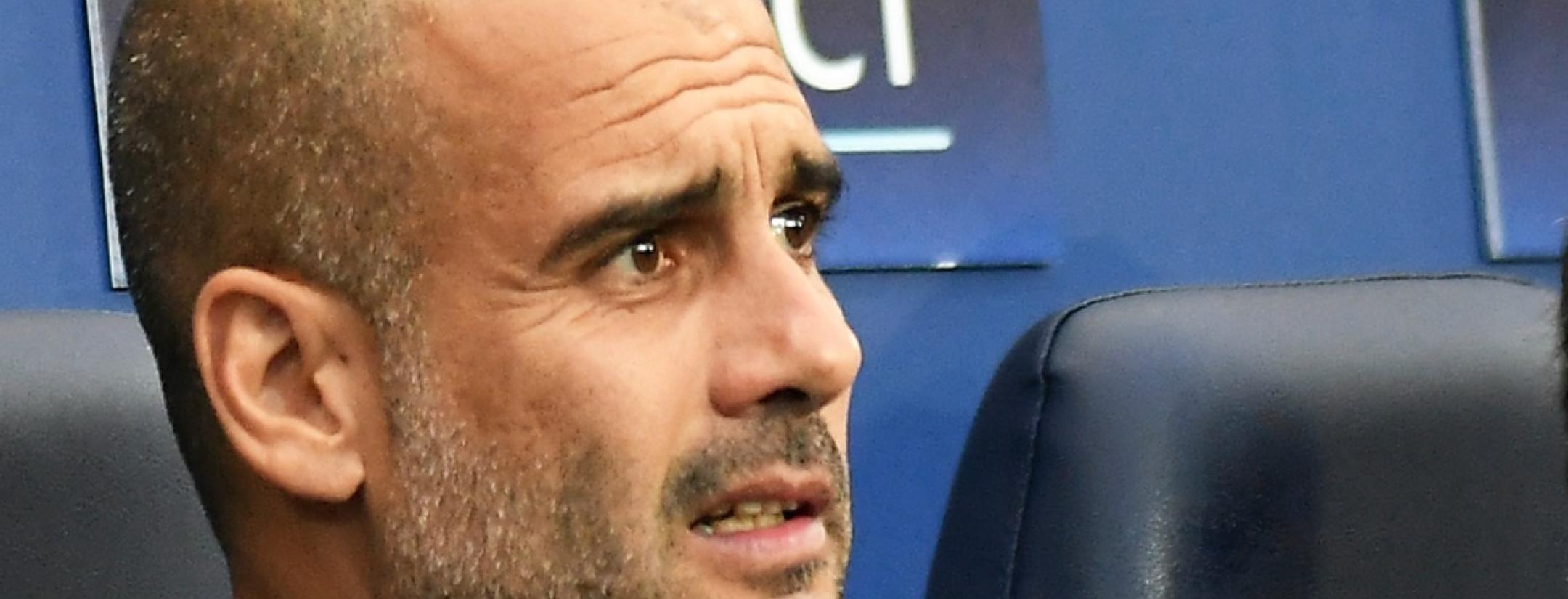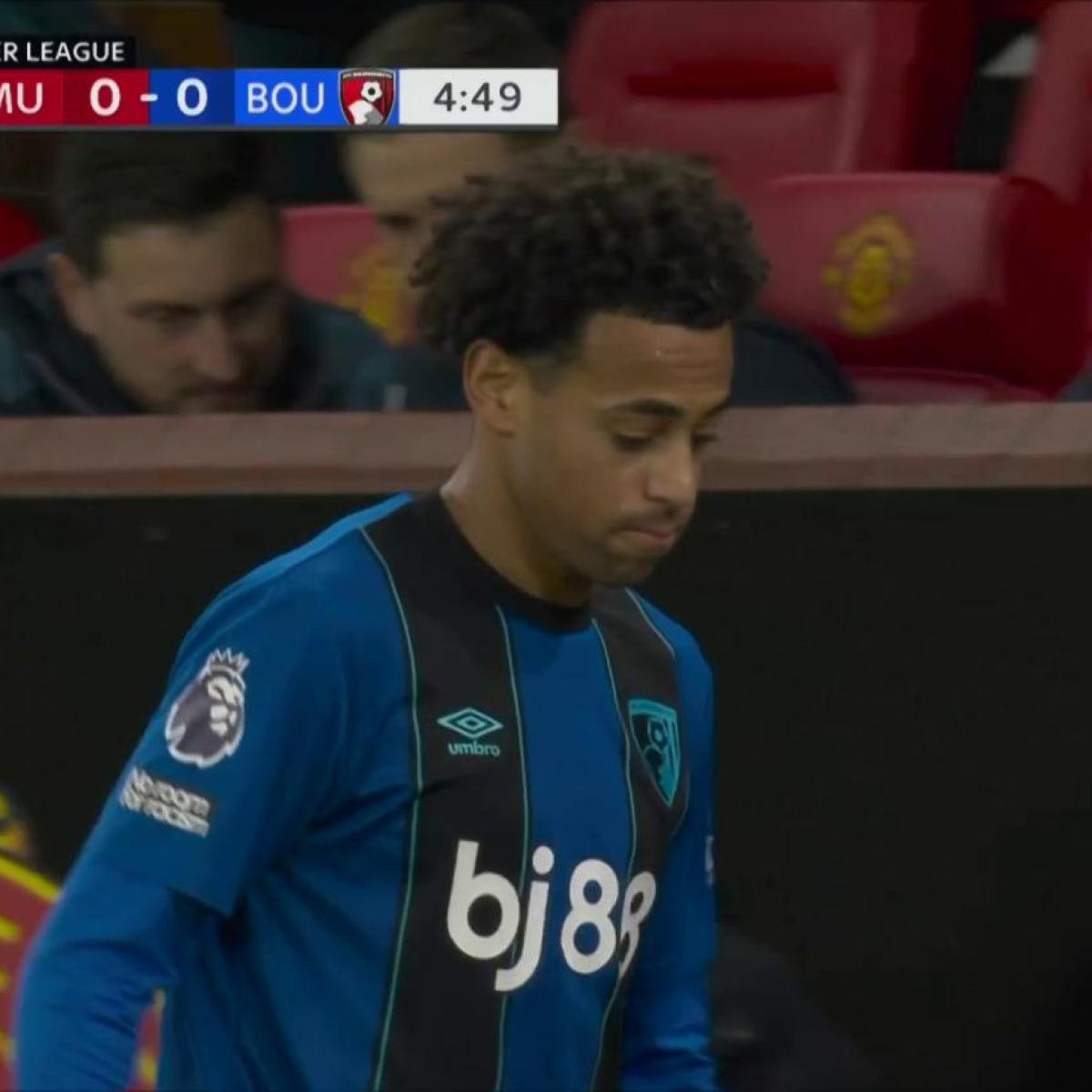More so than the players themselves, this summer’s headlines seemed dominated by football’s “super agents” — the brokers of the multi-million dollar deals that have come to typify the transfer market. Rather than moving in the background of such transactions, these men have flocked to the fore. Their opinions, demands and claims have been quickly picked up by media outlets, giving them a false aura of footballing expertise.
Jorge Mendes, the agent of Cristiano Ronaldo, James Rodriguez, Diego Costa and Radamel Falcao, collects awards next to footballing greats at the Globe Soccer Awards, shares Ronaldo’s affinity for designer suits and is referred to as “the Ronaldo of football agents”. It’s said that he’s “pulling all the strings at [Premier League side] Wolves”, and he’s quick to alert all of Europe over any interest in one of his players in an attempt to extort the market.
Mino Raiola, the agent of Paul Pogba, Zlatan Ibrahimovic and Mario Balotelli, was no less visible throughout the summer and now into September. The Italian clearly enjoys the finer things in life, typically enjoying them in the comfort of sweatpants and a sweatshirt while he decries the operational structure of Barcelona and the value of Gareth Bale. He’s recently called Jurgen Klopp a “piece of s***” for his treatment of Balotelli.
Mino Raiola thinks Arsenal lack ‘the balls’ to spend big money on playershttps://t.co/xHDLwLATUl pic.twitter.com/99EpYen3vO
— 101 Great Goals (@101greatgoals) September 18, 2016
Football’s most infamous agent might be Yaya Toure’s representative Dimitri Seluk. Seluk rose to prominence following City’s inability to provide Toure with a birthday cake for his 31st. Seluk revealed that Toure was “very upset” and that his future at the club was in jeopardy.
This babble from football agents has reached an incoherent pitch. The outlets of social media, 24/7 news coverage and the absurd amount of money involved in the game has elevated agents to a new position of power.
They don’t simply broker transfers, as the commercial side of the game continues to grow and seep into game day decisions, so too have these agents begun to influence board decisions, even effecting match day outcomes.
Is it an unavoidable direction of the modern game? That appeared to be the case, until today.
Pep Guardiola, the manager of Manchester City, has taken an unprecedented step with regards to punishing a player for the actions of his agent.
Following Guardiola’s decision to leave Toure out of City’s Champions League squad, Seluk claimed that the coach was “humiliating a great player.”
Guardiola has staunchly defended his decision while launching a tirade against both player and agent.
“I know him [Toure], I know he’s a good guy, but it was difficult for me as well to put Alex Garcia out, [they are] the only two players that are out, because the list is the list,” said Guardiola.
“But the day after his agent spoke — in that moment — Yaya is out. Until Mr. Dimitri Seluk comes back in the press conference, or his friends in the media, he has the courage to call me, go to the media and say an apology to Manchester City, the first one, the second one is his teammates and after the trainer.
“When that happens Yaya will be part of the group and he will have the same chance to play all the games. Because I cannot accept as a coach, every [representative] when his player doesn’t play goes to the media and speak and speak and speak.
“I cannot imagine in my period when I was a football player, my [representative] going to the media and speaking against Johan Cruyff, about this and about that.
“Maybe it’s a new era now, the new period changing, but I’m an old guy. I am old generation, and old generation managers has to make his players his job and trainers his job, and today the mangers believe they are more than they are.
“If he has a problem call [director of football] Txiki Begiristain, the club, and they can talk, until he doesn’t speak, Yaya is not going to play.”
Guardiola’s insistence on making sure Seluk is held responsible for his words is almost unprecedented. His decision to make Toure unavailable for selection until Seluk apologizes is equally admirable.
Guardiola claims he’s “old school” in this regard, but it’s a stand that other managers, with the backing of their board, must make for the good of their own club and the game as a whole.
Seluk’s response to Guardiola was typical: “Guardiola wins a few games and thinks he’s king. I live in Europe so I can say what I like and Guardiola can’t stop me.”
What a classy man.
It should come as no surprise that coaches such as Guardiola, Klopp, Arsene Wenger and Diego Simeone, coaches that emphasis the process of team building and the collective, exhibit a staying power that other managers can only envy.
Let’s hope that younger managers will follow the example set by Guardiola and the others to fight back against this new period of the “super agent”.
Follow me on Twitter: @ConmanFleming




